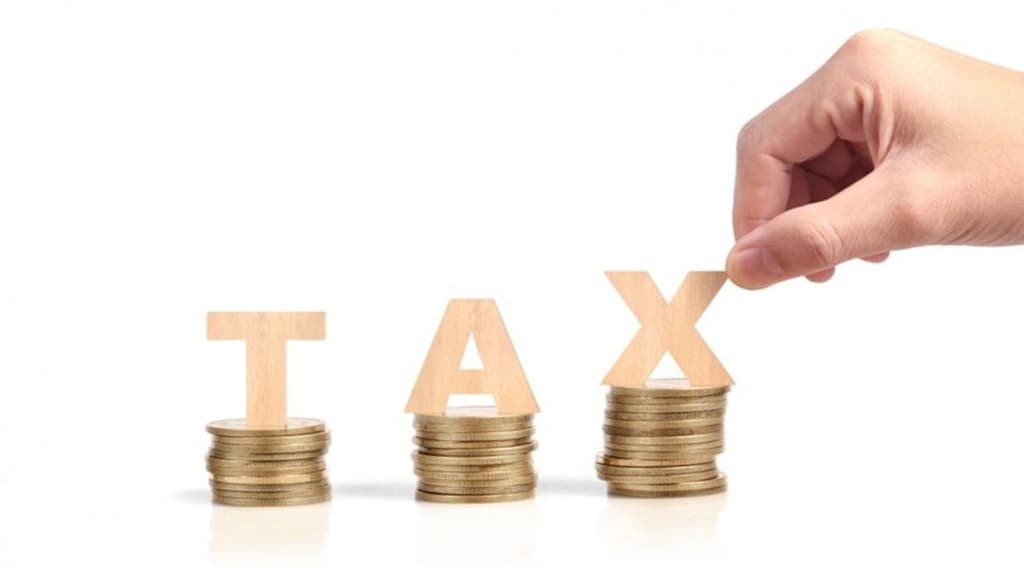By Ravi Kumar S | Jatin Dalal
The government has been focusing relentlessly on its ambitious Viksit Bharat vision, aiming to transform India into a fully developed and self-reliant nation by 2047. Budget 2025 has rightly placed significant taxation reforms at the forefront of this vision, effectively balancing the crucial objectives of consumption, investment, innovation, and employment. The proposed Income Tax Bill, 2025, represents yet another vital step towards simplifying and modernising India’s tax laws.
The new Bill judiciously avoids sweeping policy changes and maintains tax rate structures, ensuring much-needed consistency and coherence. It attempts to clarify and simplify the language, which would improve compliance rates and reduce the time and resources spent by both taxpayers and the government. This echoes simplification efforts seen in countries like the US, Australia, and Canada, where streamlined tax processes have led to greater efficiency and compliance. Several experts have highlighted the Bill’s positive aspects; we’d like to emphasise five key improvements.
Firstly, the consolidation of provisions related to non-residents and foreign companies offers a much-needed ease of reference. Instead of navigating a scattered landscape of legislation, foreign entities now have a single, accessible point of reference. This should significantly improve clarity and efficiency for those doing business across borders. This aside, the proposed changes to transfer pricing provisions, allowing block assessment, represent another milestone in easing compliance for foreign firms.
Secondly, the definition of “resident” has been made more precise and unambiguous, particularly for individuals leaving India for employment. Additionally, the scattered provisions related to salary income have been consolidated, simplifying matters for the vast majority of taxpayers who are solely salary earners. This will greatly improve transparency and understanding.
Thirdly, the rules governing depreciation, particularly the calculation of “actual cost”, have also been streamlined and made more pointed. This is another area where much of the litigation have arisen in the past. Fourthly, clear delineation of the assessment process has demystified complex limitation provisions in the current Act. Lastly, consolidation of tax deducted at source (TDS) provisions and rate rationalisation, thresholds which began in the last Budget, are all welcome.
Another commendable step is the practice of releasing FAQs. Whether it’s the Finance Bill, 2025, or the new Income Tax Bill, the detailed FAQs provided by the income tax department represent a welcome departure from past practice. This proactive approach to clarifying potential ambiguities is praiseworthy.
This Bill represents a significant and positive step towards a more effective and equitable income tax system, creating a solid base for improvements. It offers a strong foundation upon which we can build greater efficiency and fairness. While the Bill is commendable in its current form, a few key enhancements could further streamline its provisions and amplify its positive impact. Incorporating the Budget announcement of expansion of the safe harbour regime and expediting dispute resolution would be highly beneficial. Further simplifying TDS provisions, particularly by reducing the number of payment types, would greatly ease compliance burdens. Finally, to fully realise the FM’s vision of “nyaya” (justice), rationalising penalties and prosecution provisions is essential. The promising progress made in this direction with TDS/tax collected at source provisions can serve as a model for expanding the approach to other areas of the Bill, ultimately creating a truly fair, efficient, and just tax system.
The FM’s announcement that the Bill will be reviewed by the Parliamentary Standing Committee on Finance is a positive step. The consultative approach will ensure a thorough feedback process, incorporating input from industry experts, tax professionals, and the public before the Bill’s proposed implementation on April 1, 2026. This is a hallmark of good governance and is practised in various forms in many countries when significant tax reforms are undertaken. We are confident the government will favourably consider legitimate stakeholder suggestions from the public consultation, laying a strong foundation for a tax system that fosters compliance and promotes economic growth and investment.
The writers are respectively CEO & CFO, Cognizant.
Disclaimer: Views expressed are personal and do not reflect the official position or policy of FinancialExpress.com. Reproducing this content without permission is prohibited.

